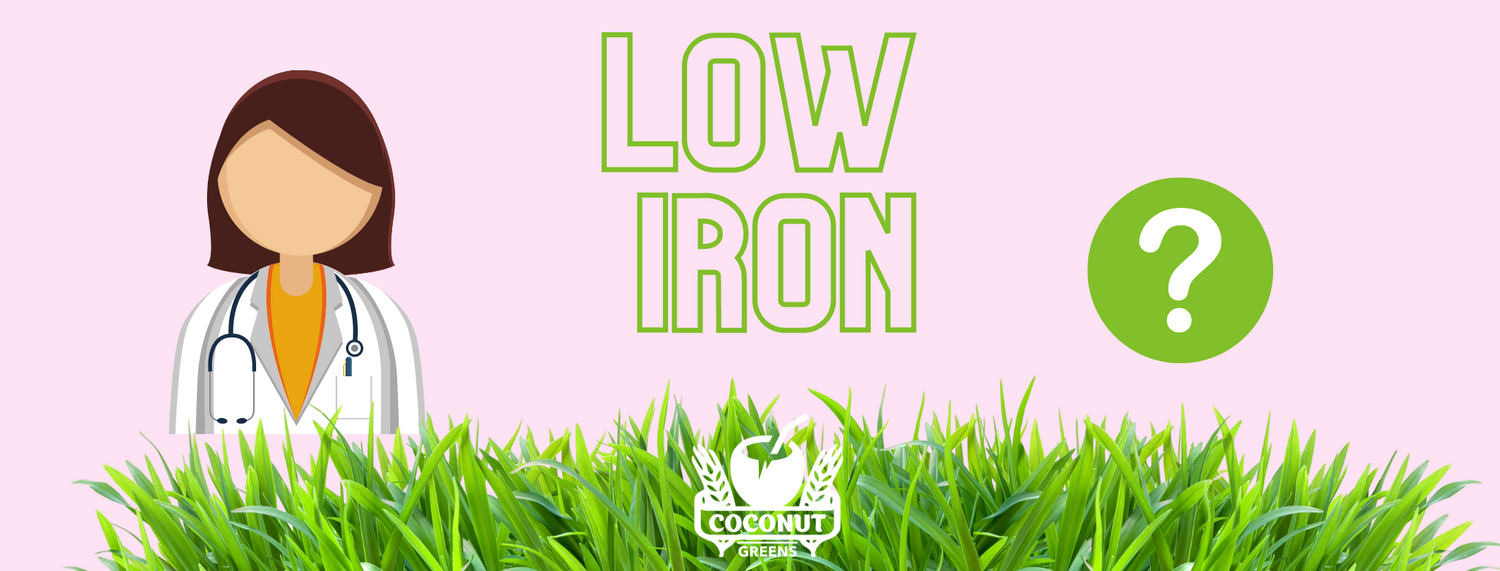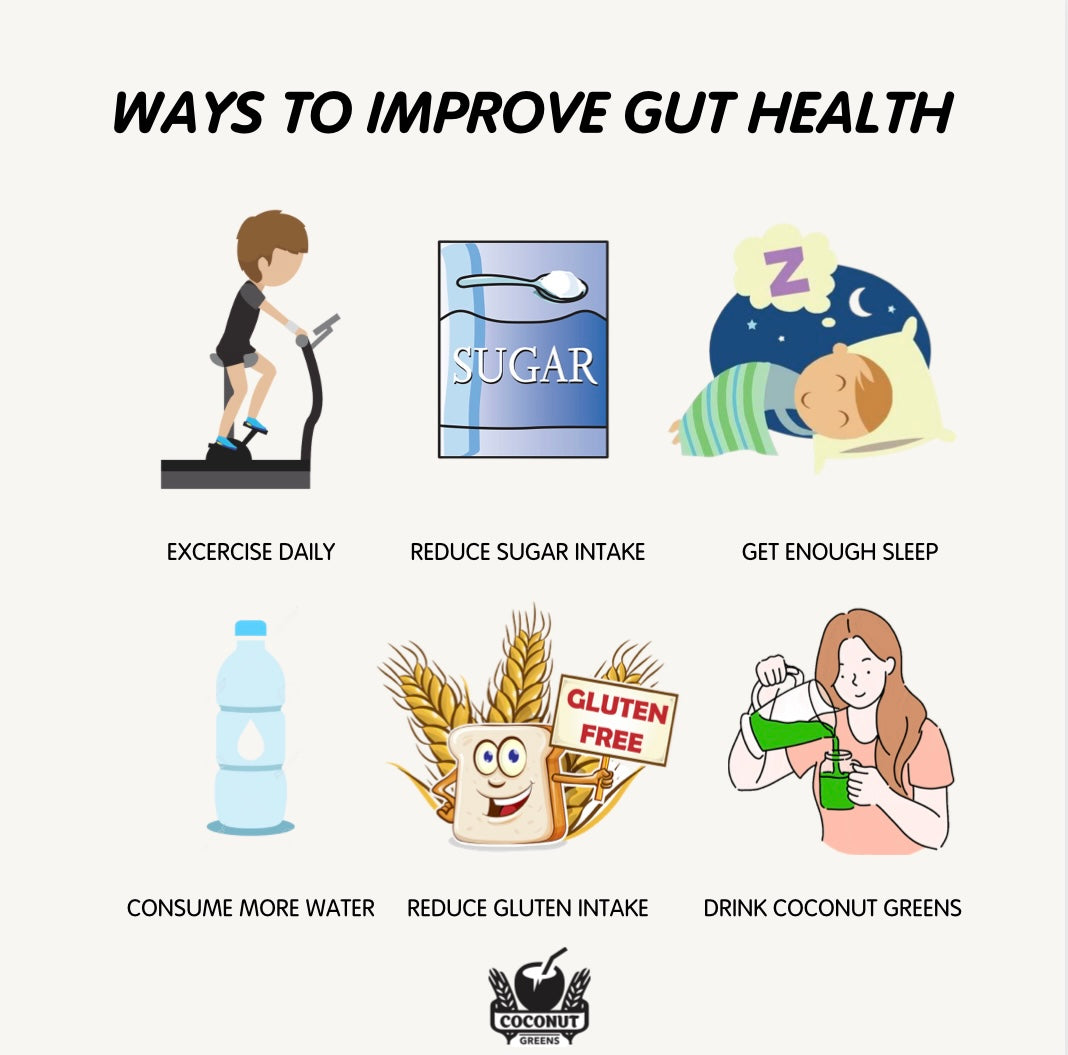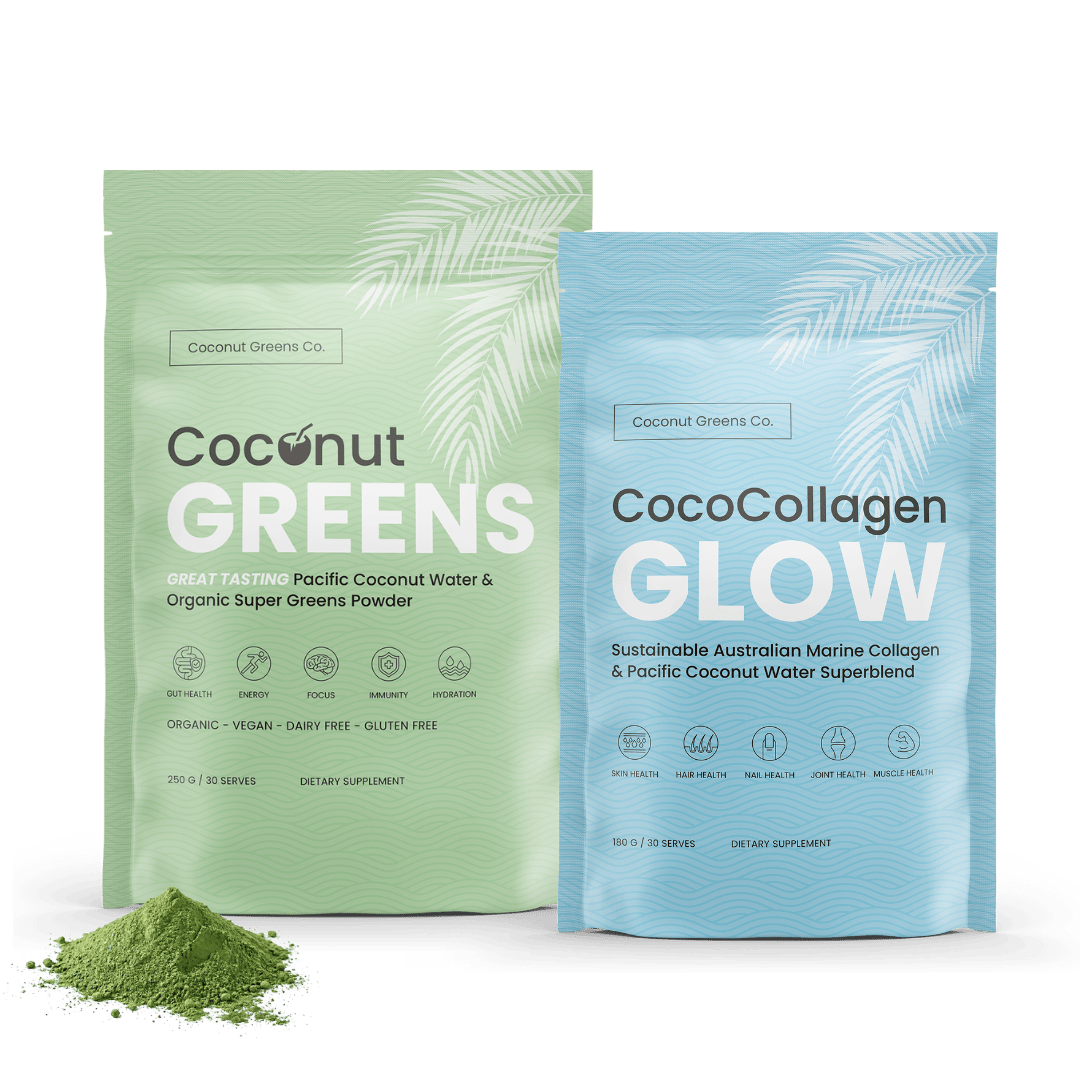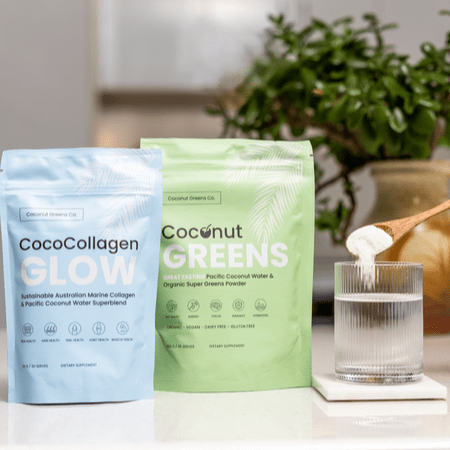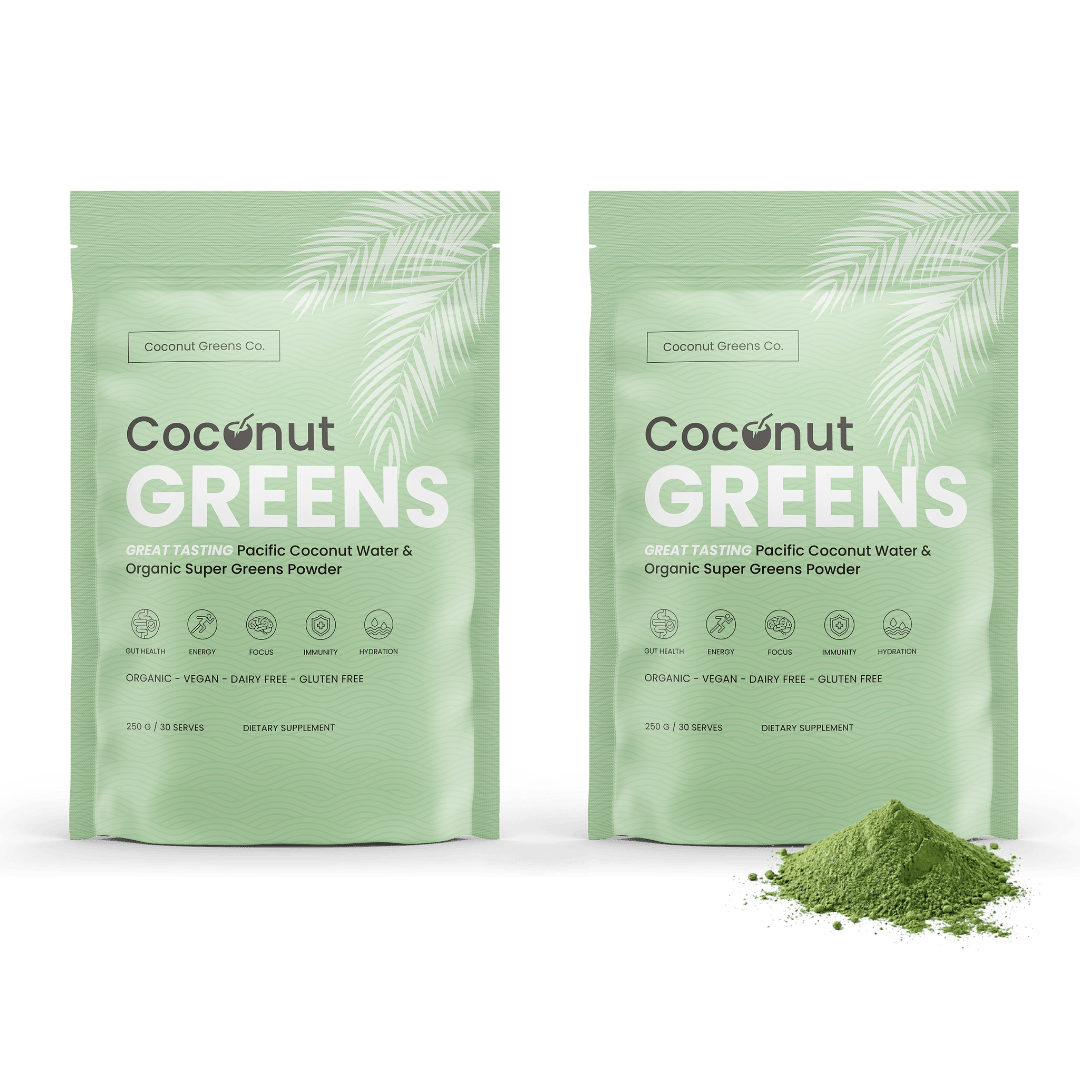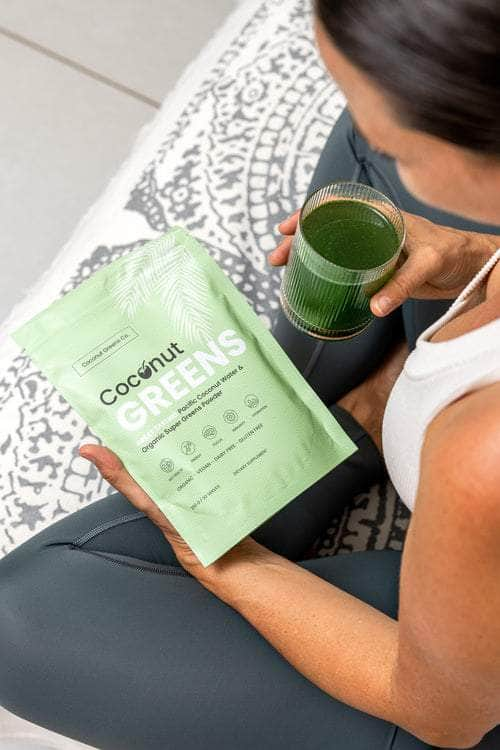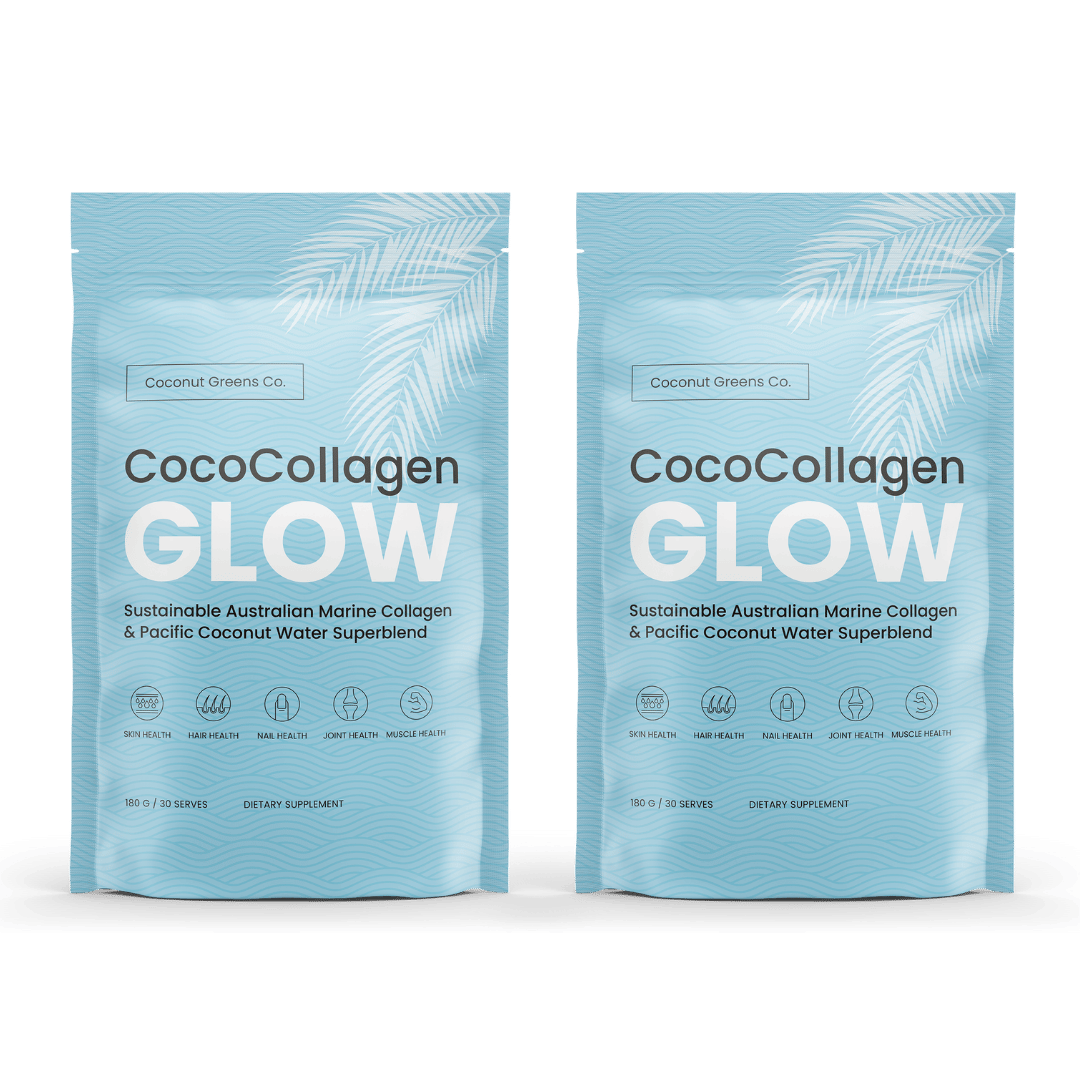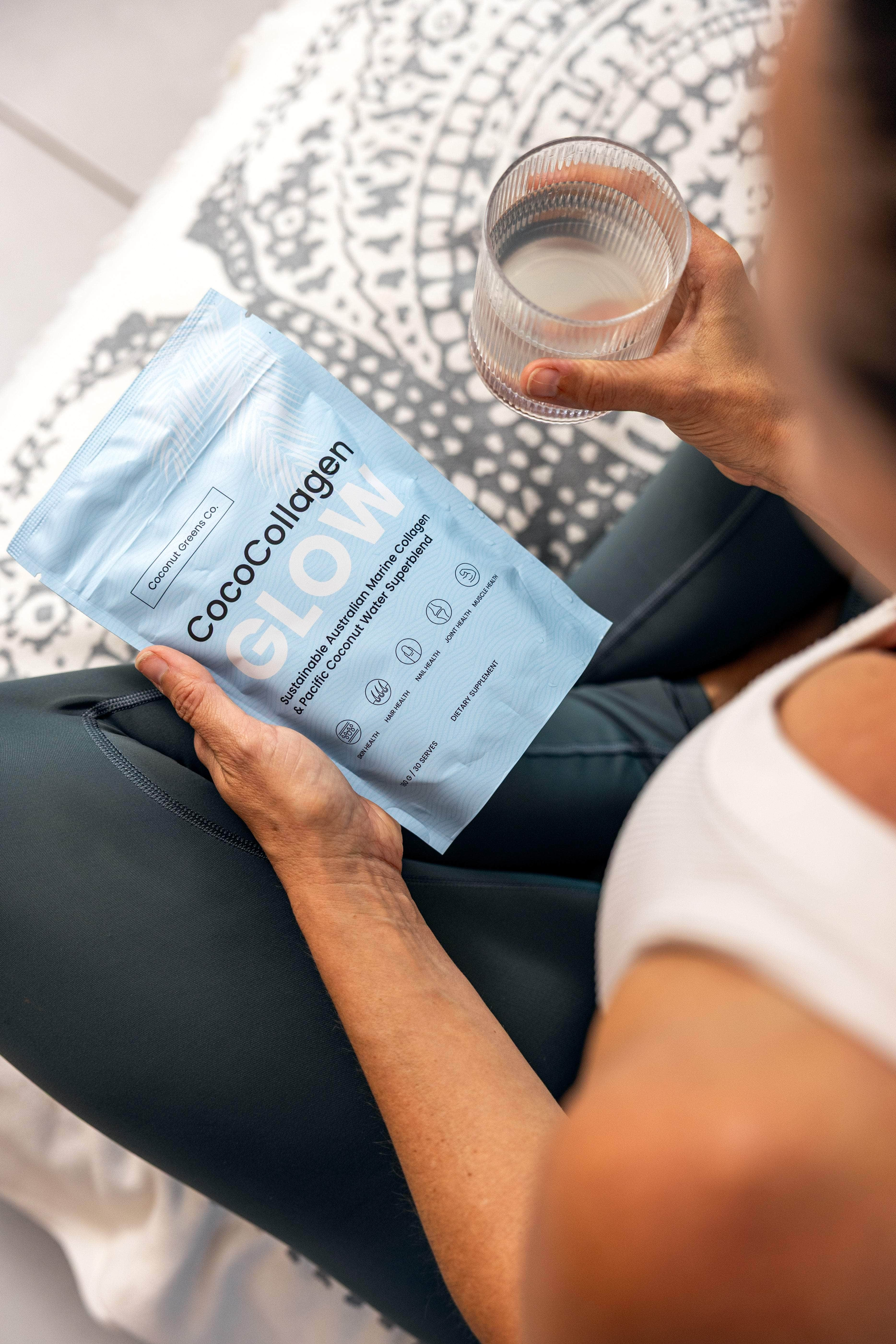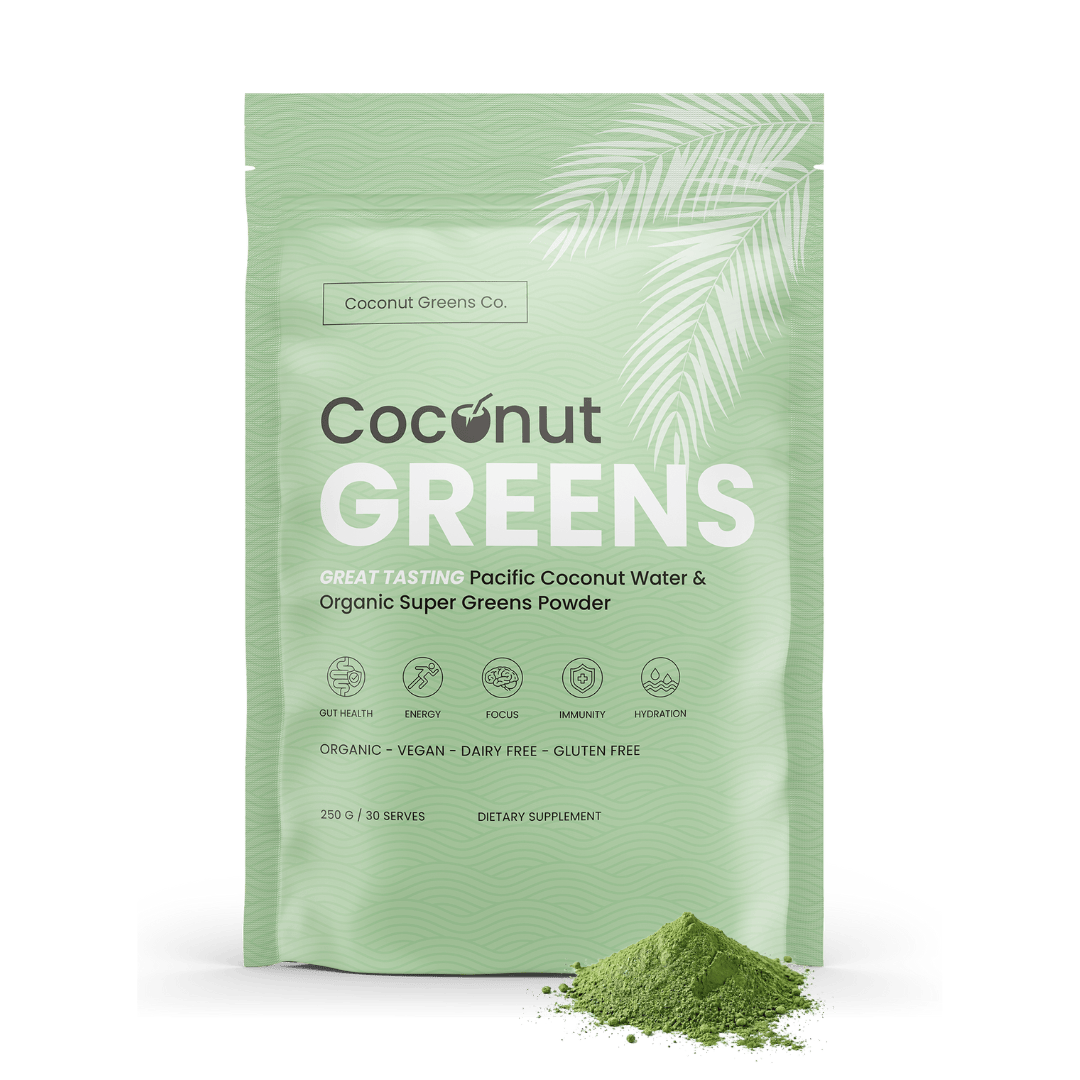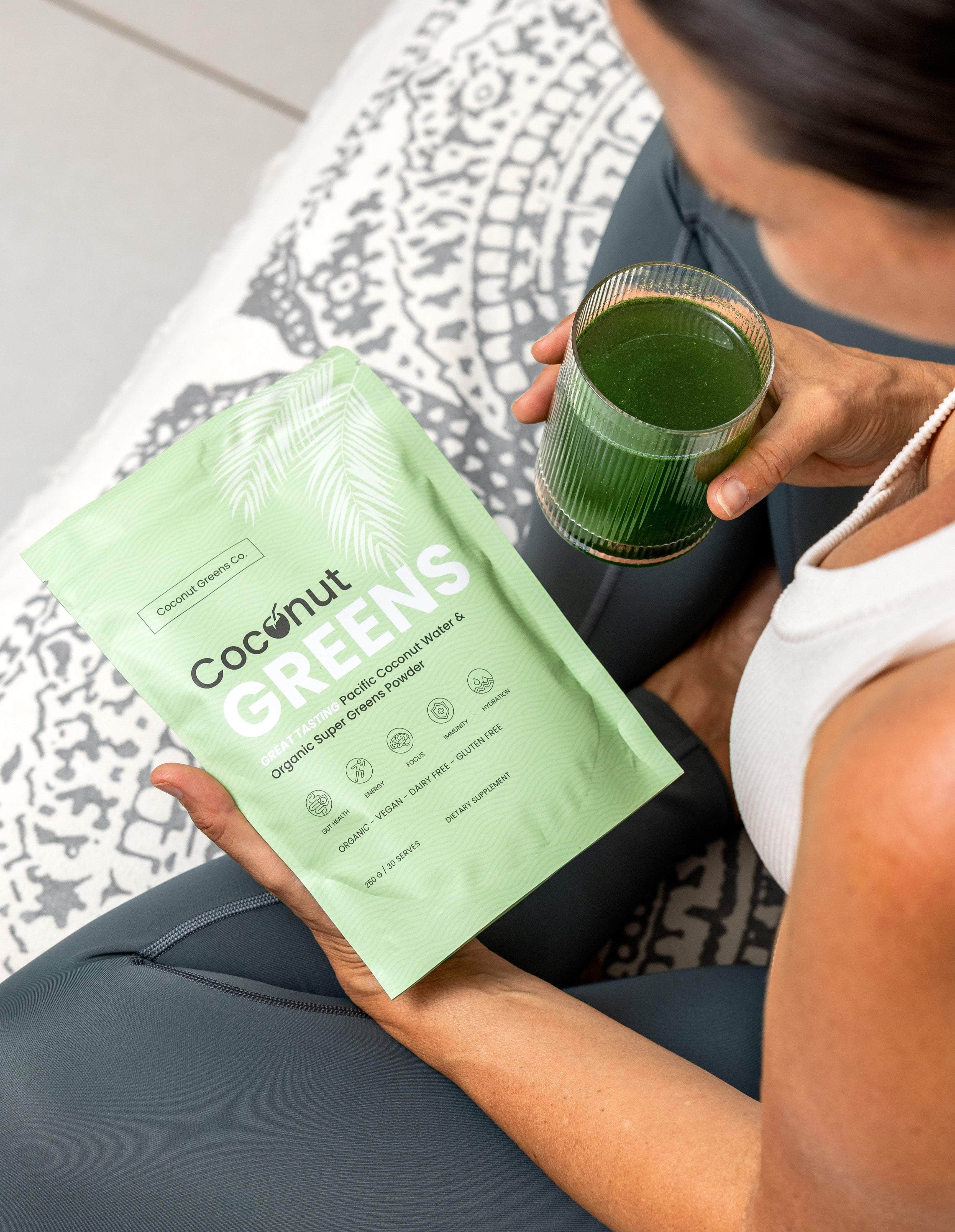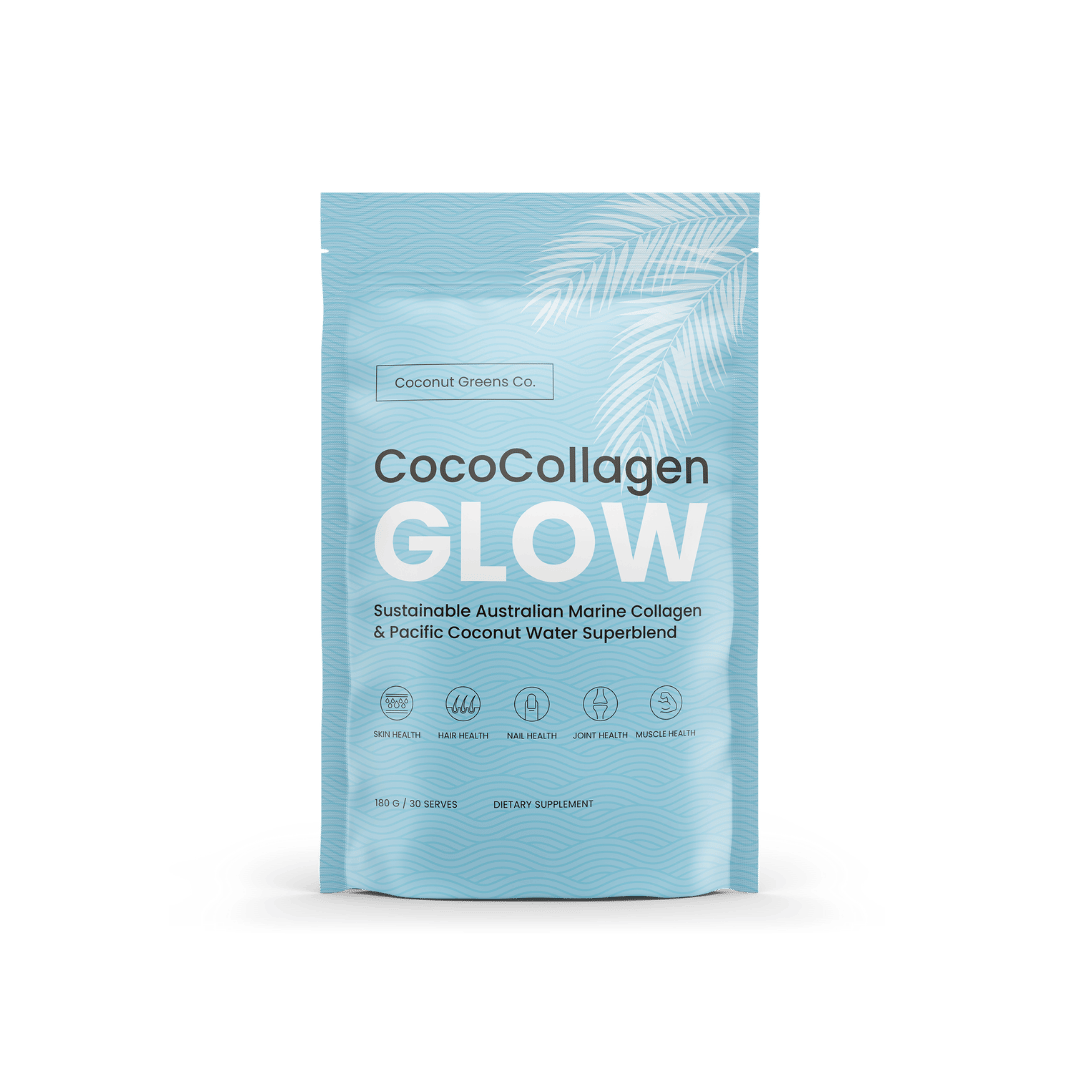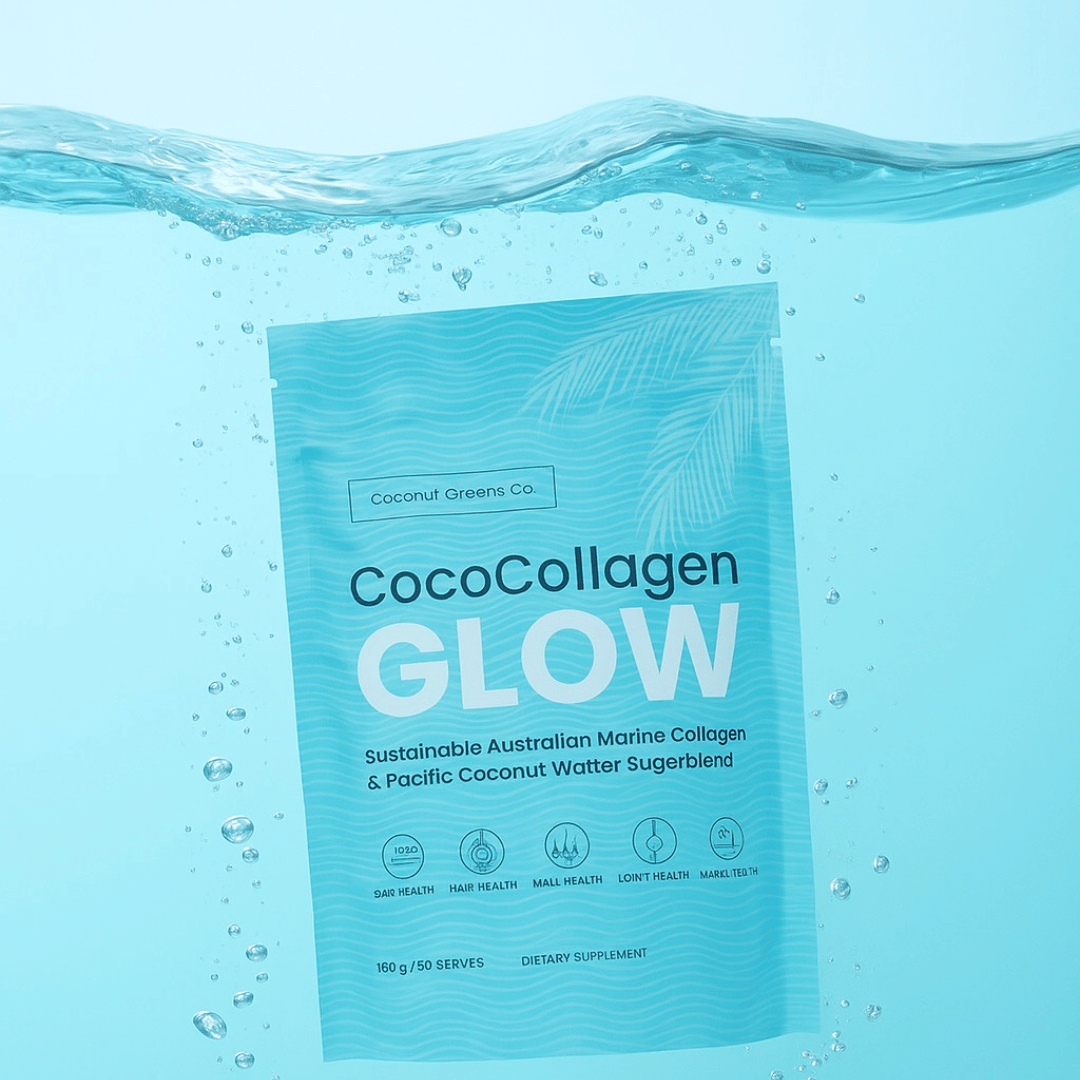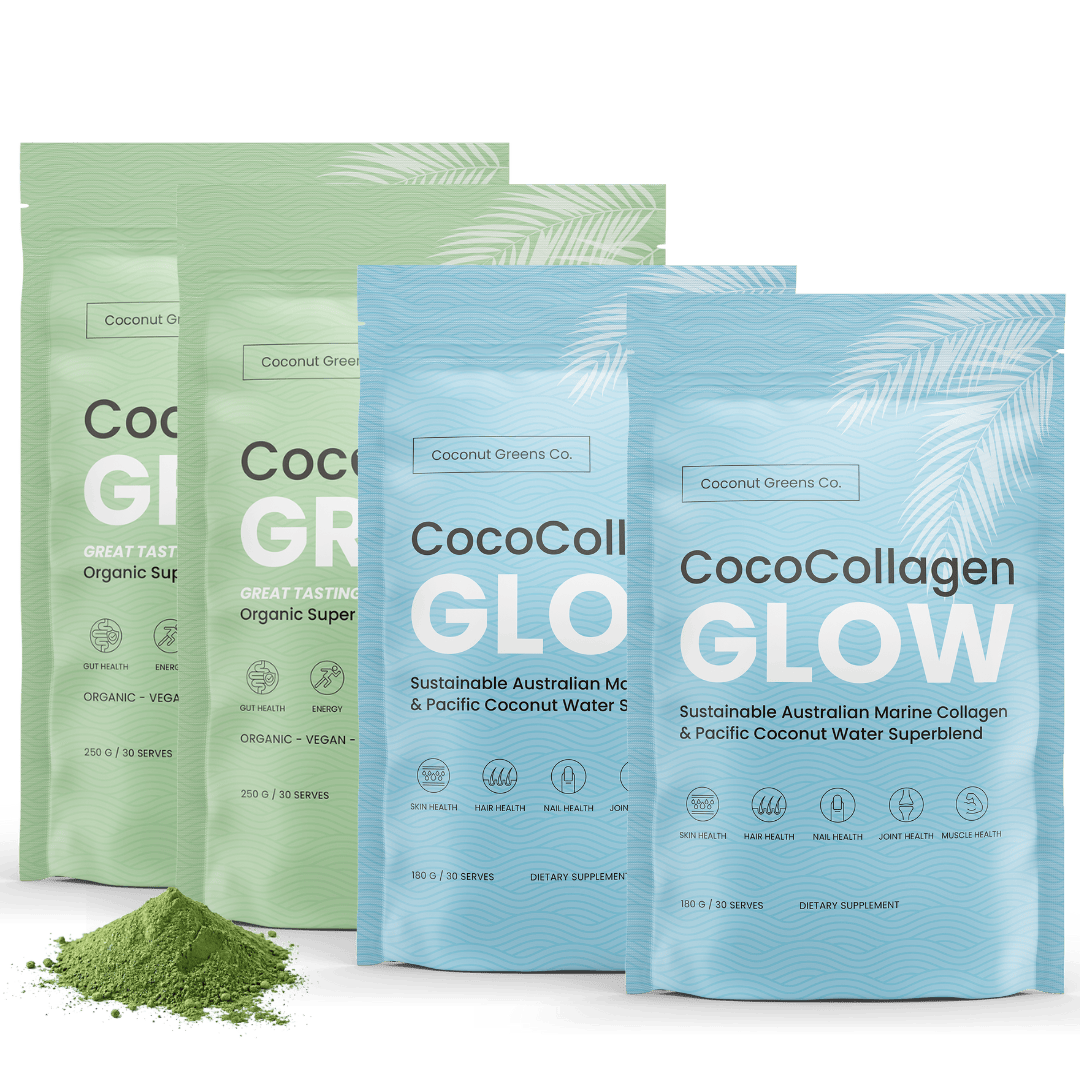Could You Be Iron-Deficient? 😴
Are you run down, feeling fatigued and dizzy on the regular? Reduced or stopped eating red meat and eating a plant based diet? You might be dealing with iron deficiency. The good news is that iron deficiency is usually easy to treat with small lifestyle tweaks.
How common is iron deficiency?
Consuming inadequate amounts of iron is more common than you’d think.
One in eight people aged 2+ are not consuming enough iron in Australia.
Women are less likely to be consuming enough iron compared to men. In fact, 40% of 14-18 year old girls and 38% of 19-50 year old women are not consuming adequate amounts of iron.
Symptoms of iron deficiency
How can you know whether you're iron deficient? The only way to tell for sure is to get a blood test ordered by your GP.
But there are a few telltale signs to look out for such as:
These symptoms can be seen in other health issues, so if you’re concerned, see your healthcare practitioner for a blood test.
What can cause iron deficiency?
There are a few factors that can lead to low iron levels.
They include:
The problem with taking iron supplements
If you suspect you have low iron, you might think about taking an iron supplement. But there are a few problems to consider when it comes to iron supplementation.
Firstly, supplements can vary in quality. Many over the counter options are poor quality. They might contain high dosages of iron, but the iron is in a form that the body struggles to absorb properly. This means you might not be getting a therapeutic dose.
Poor absorption can also lead to symptoms such as constipation, bloating, abdominal pain, flatulence and darkened stools. This can make taking iron supplements an unpleasant experience for many, especially if they already experience these symptoms.
Support healthy iron levels with food
There are a number of ways to support healthy levels of iron through the diet.
Include iron-rich foods
We all know many animal-based foods are high in iron but with many of us reducing our reliance on red meat and enjoying a fully or mostly plant based diet and lifestyle here are foods high in iron:
- Legumes: lentils, chickpeas, soybeans, tofu, lima beans, black beans
- Grains: Oatmeal, quinoa, brown rice and fortified cereals
- Nuts and seeds: sunflower, pumpkin, squash, pine, pistachio, cashews
- Vegetables: Silverbeet (swiss chard) and Dark Green leafy vegetables (collard greens) such as kale.
Vitamin C can increase iron absorption by up to 300%. So add vitamin C rich foods to every meal with a source of iron.
Good options of vitamin C include red capsicum, strawberries, citrus fruits, broccoli, spinach and even apples.
These foods are particularly important for optimising the absorption of iron from plant-based sources.
Watch your tannin intake
There are several compounds found in food that can reduce absorption of iron. One of the most common compounds that inhibit iron absorption are tannins. These are found mostly in coffee, wine and black, white and green tea.
Research shows that drinking coffee or tea with a meal can reduce iron absorption by 70-90%. But don't panic if you love your almond latte or occasional cuppa, just try to consume them away from iron-rich meals to minimise the impact.
Coconut Greens
You can also try out Coconut Greens to see if that is right for you. Coconut Greens can give you up to 78% of your recommended daily iron intake (RDI) without the bloating or constipation that can be a problem with some iron supplements and it is organic. This non pharmaceutical natural option is gentle on the stomach and tastes great.
Just have a scoop with a glass of water or add to your favourite smoothie, too easy! See below for purchasing options.
This information is provided to promote discussion and should not replace sound professional medical / dietary advice.
You may also be interested in our blog
'Not All Greens are Created Equal...'
Some reference links are below for you to continue your own research.
https://www.niddk.nih.gov/health-information/blood-diseases/anemia-inflammation-chronic-disease
http://www.abs.gov.au/ausstats/abs@.nsf/Lookup/by%20Subject/4364.0.55.008~2011-12~Main%20Features~Iron~402http://www.abs.gov.au/ausstats/abs@.nsf/Lookup/by%20Subject/4364.0.55.008~2011-12~Main%20Features~Iron~402
https://www.healthdirect.gov.au/iron-deficiency-symptoms
https://www.ncbi.nlm.nih.gov/pmc/articles/PMC4336293/
https://www.ncbi.nlm.nih.gov/pubmed/10999016


